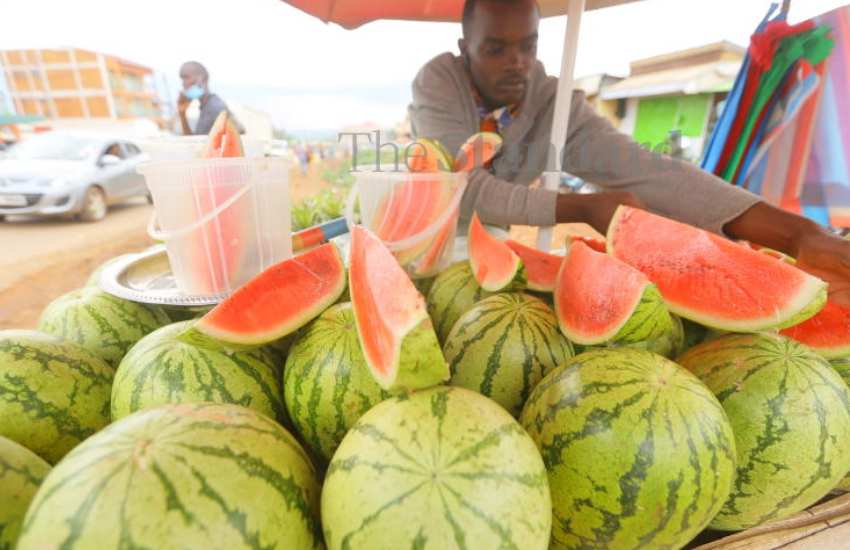×
The Standard e-Paper
Join Thousands Daily

An online agribusiness market to help farmers in the East Africa Community sell agricultural produce has been unveiled.
Agribusiness Confederation of East Africa (ACEA) has launched the online agribusiness market to help sellers in the region find markets for their green produce.